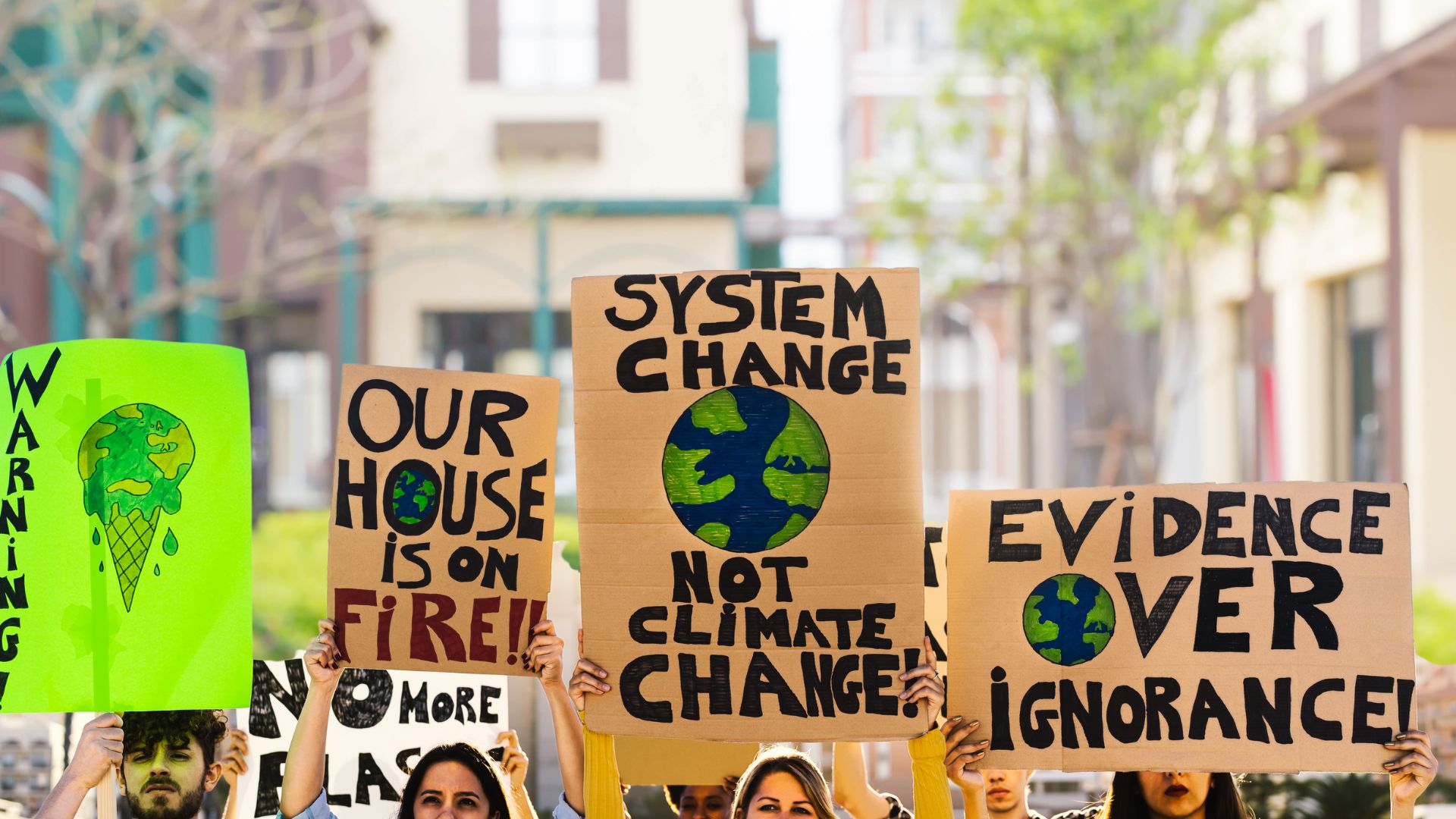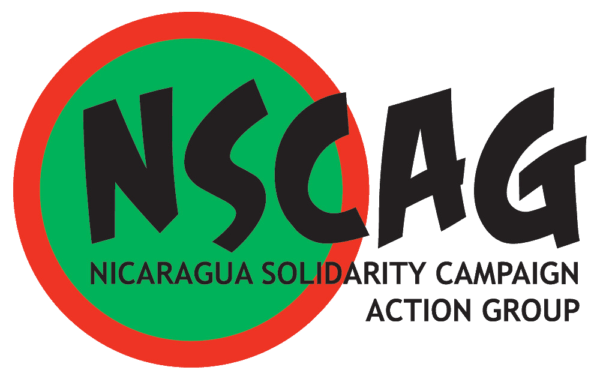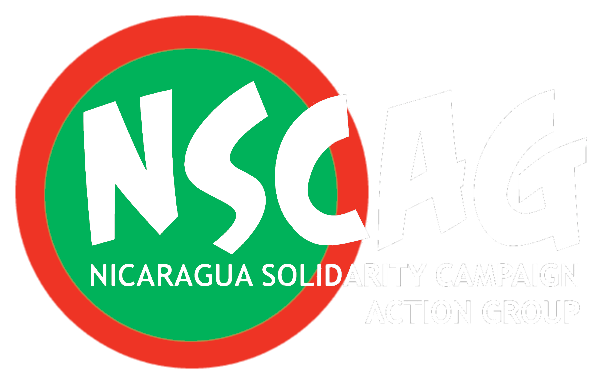Nicaragua Solidarity Campaign Action Group
22 April 2022
Ending the myth of eternalism on a planet with limited resources

‘We need a change of mindset, from one of transforming nature to one of transforming ourselves.’ Dr Paul Oquist, former Minister-Private Secretary for National Policy, Nicaraguan representative to UN agencies on climate change, and co-chair of the UN Green Climate Fund.
We dedicate this post to Dr Oquist, who died in April, 2021, in recognition of his far sighted vision and proposals for the profound global changes so critical to addressing the climate crisis and deepening global inequalities.
Dr Oquist’s political life was characterised by an extraordinary energy and single-minded commitment to fighting for justice and above all defending the truth as unpalatable as it might have been to the world’s largest polluters, corrupt banks and corporate money launderers.
In his book Equilibra: The Philosophy and Political Economy of Existence and Extinction, Dr Oquist writes, ‘We live in a cosmic shooting gallery of meteors, solar radiation, and electromagnetic pulses, on a molten volcanic bomb of a planet under attack by bacterial and rapidly mutating viral pathogens.’
However, according to Dr Oquist, the greatest threat is our inability to control the consequences of our own science and technology: nuclear weapons, climate change, and artificial intelligence.
Despite the high level of social and economic destruction caused by Covid-19, its impact on humanity will be ‘small, transient and recoverable ‘ compared to the total, permanent, and irreversible damage caused by the catastrophic destruction of climate extremes.
The formula humanity has used is based on transforming nature. We have become alienated from the natural environment by the capitalist myth of eternalism: ’limitless, mindless growth of production and consumption on a planet with finite, rapidly degrading resources.’
Our economic and political structures are largely based on short-term gain regardless of the long-term consequences. These structures have contributed to gross inequalities within and between countries. According to Oxfam, prior of the Covid pandemic, the world’s richest 1% have twice as much wealth as 6.9 billion people.
Neoliberalism’s method of poverty reduction is ‘growth, more growth and crumbs’ for the impoverished. This has left those who are already most impoverished facing greater poverty as well as the consequences of climate crisis, for which they are the least responsible.
When will global leaders, particularly from those countries largely responsible for the scale of the climate crisis, recognise the convergence of interests for major change and act on the emergency we face?

